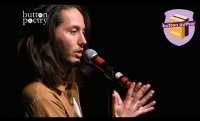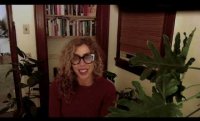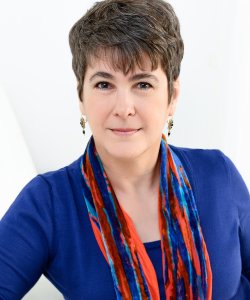Memorial Day weekend is upon us! Spend part of the holiday applying to contests with deadlines of June 13, 15, and 16. Four prizes are available for recent books of poetry, fiction, or nonfiction—including the Pulitzer Prize, which comes with a $15,000 award, and the Bard Fiction Prize, which offers $30,000 and a writer-in-residence appointment. There are several publication prizes for poetry or fiction manuscripts, along with a fellowship for a Maine writer. All contests offer a cash prize of $1,000 or more, and three do not require an entry fee. May the force be with you, writers!
42 Miles Poetry Award: A prize of $1,000, publication by 42 Miles Press, and 50 author copies is given annually for a poetry collection. David Dodd Lee will judge. Deadline: June 15. Entry fee: $25.
Bard Fiction Prize: A prize of $30,000 and a one-semester appointment as writer-in-residence at Bard College is given annually to a U.S. writer under the age of 40 for a published a book of fiction. Deadline: June 15. Entry fee: None.
Bitter Oleander Press Library of Poetry Award: A prize of $1,500 and publication by Bitter Oleander Press is given annually for a poetry collection. Deadline: June 15. Entry fee: $28.
Maine Arts Commission Maine Artist Fellowship: A fellowship of up to $5,000 is given annually to a poet, a fiction writer, a creative nonfiction writer, or a writer working in a genre beyond these categories who has lived in the state of Maine for at least one year. The fellow is expected to reside in the state for the year of the fellowship. Deadline: June 16. Entry fee: None.
New American Fiction Prize: A prize of $1,500, publication by New American Press, and 25 author copies is given annually for a book of fiction. Weike Wang will judge. Deadline: June 15. Entry fee: $25.
Pulitzer Prizes: Five prizes of $15,000 each are given annually for books of poetry, fiction, general nonfiction, U.S. history, and biography or autobiography (including memoir) first published in the United States during the current year. Deadline (for books published between January 1 and June 14): June 15. Entry fee: $75.
Towson University Prize for Literature: A prize of $1,000 is given annually for a book of poetry, fiction, or creative nonfiction by a current resident of Maryland who has lived in the state for at least three years. Books published within the past three years or scheduled for publication in 2022 are eligible. Deadline: June 15. Entry fee: None.
Western Connecticut State University Housatonic Book Awards: Three prizes of $1,000 each are given annually for books of poetry, fiction, and nonfiction published in the previous year. The winners also receive $500 in travel expenses to give a reading and teach a master class at Western Connecticut State University’s low-residency MFA program. Deadline: June 13. Entry fee: $25.
University of Akron Press Akron Poetry Prize: A prize of $1,500 and publication by University of Akron Press is given annually for a poetry collection. Adrian Matejka will judge. Deadline: June 15. Entry fee: $25.
Visit the contest websites for complete guidelines, and check out the Grants & Awards database and Submission Calendar for more contests in poetry, fiction, and creative nonfiction.









